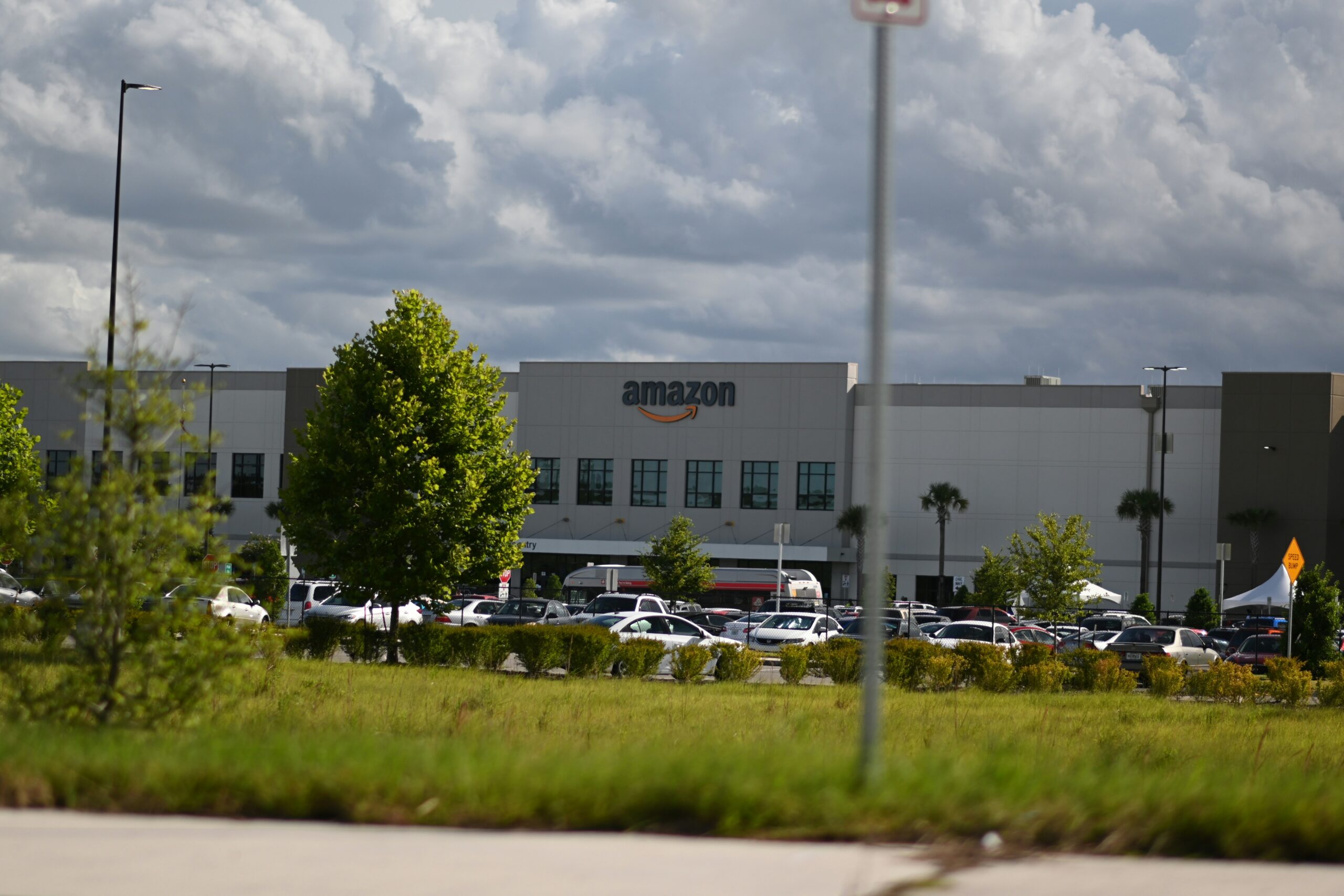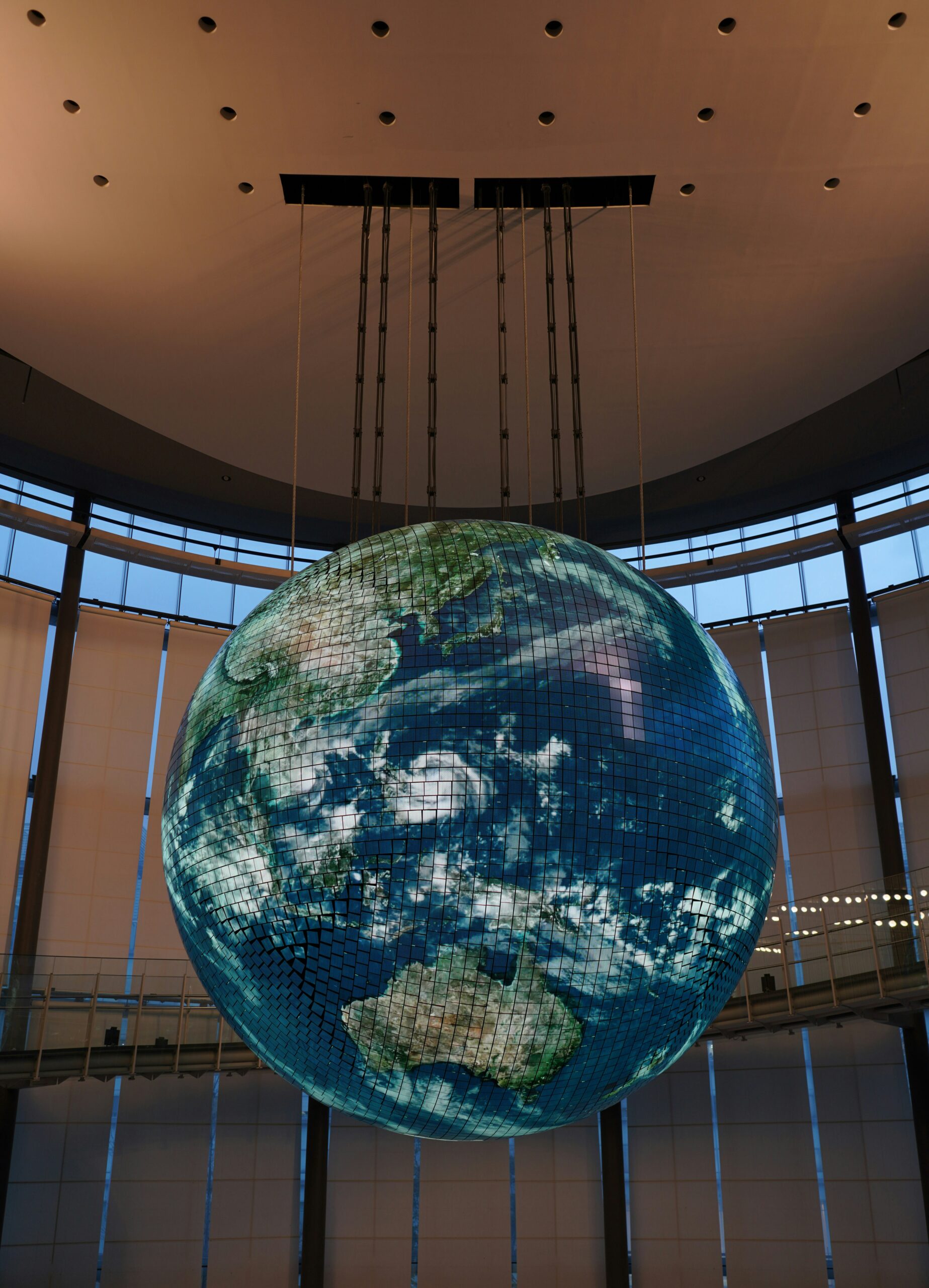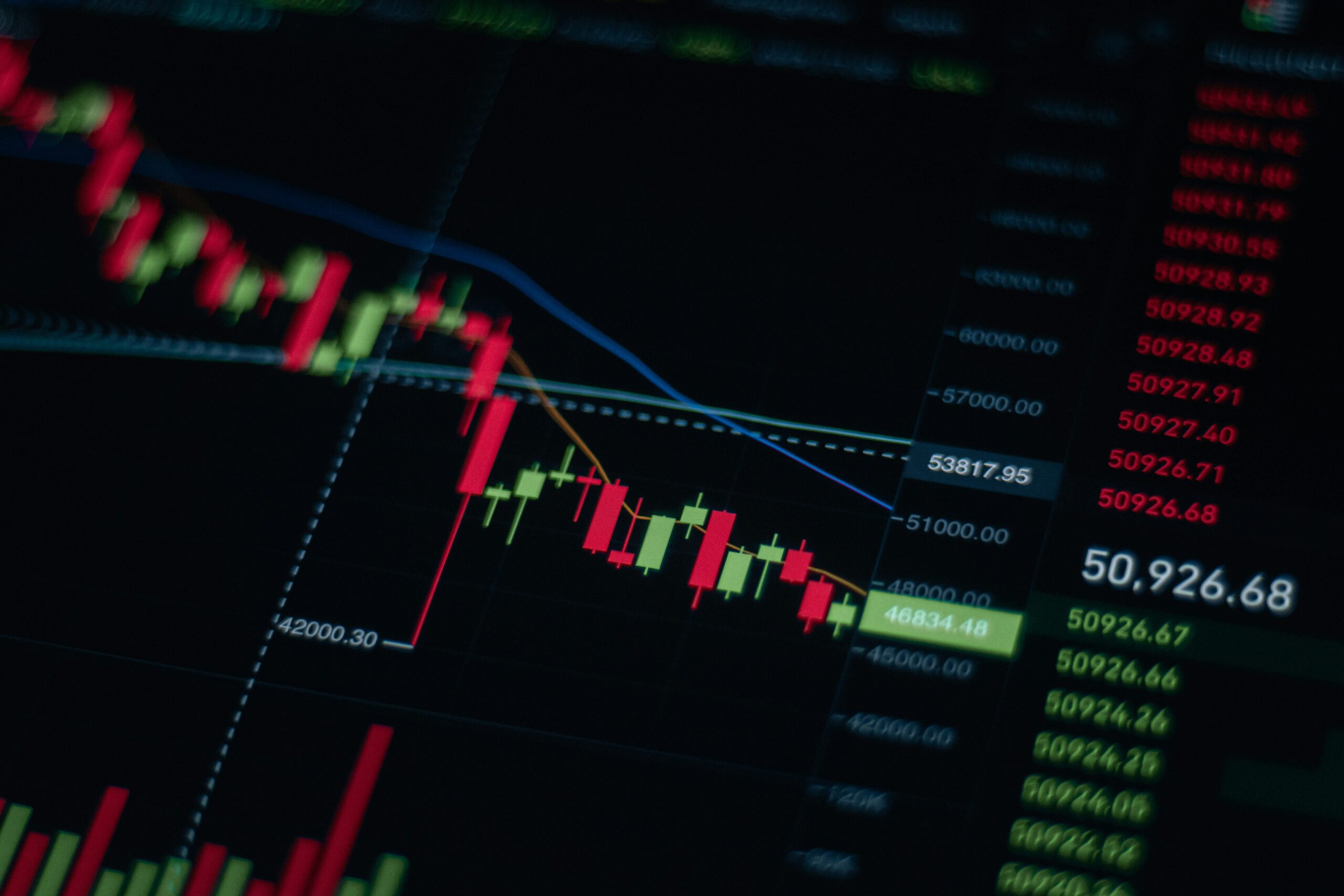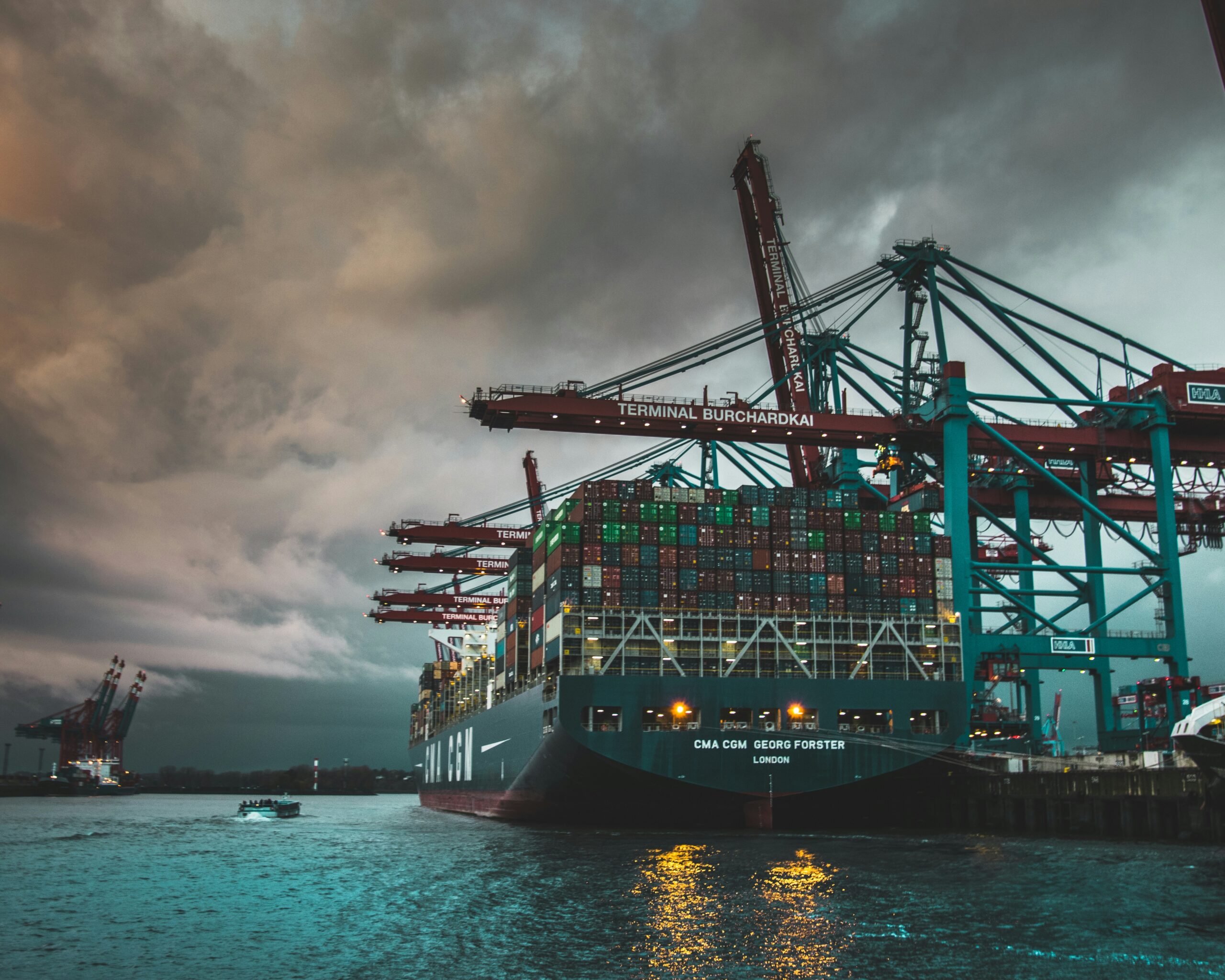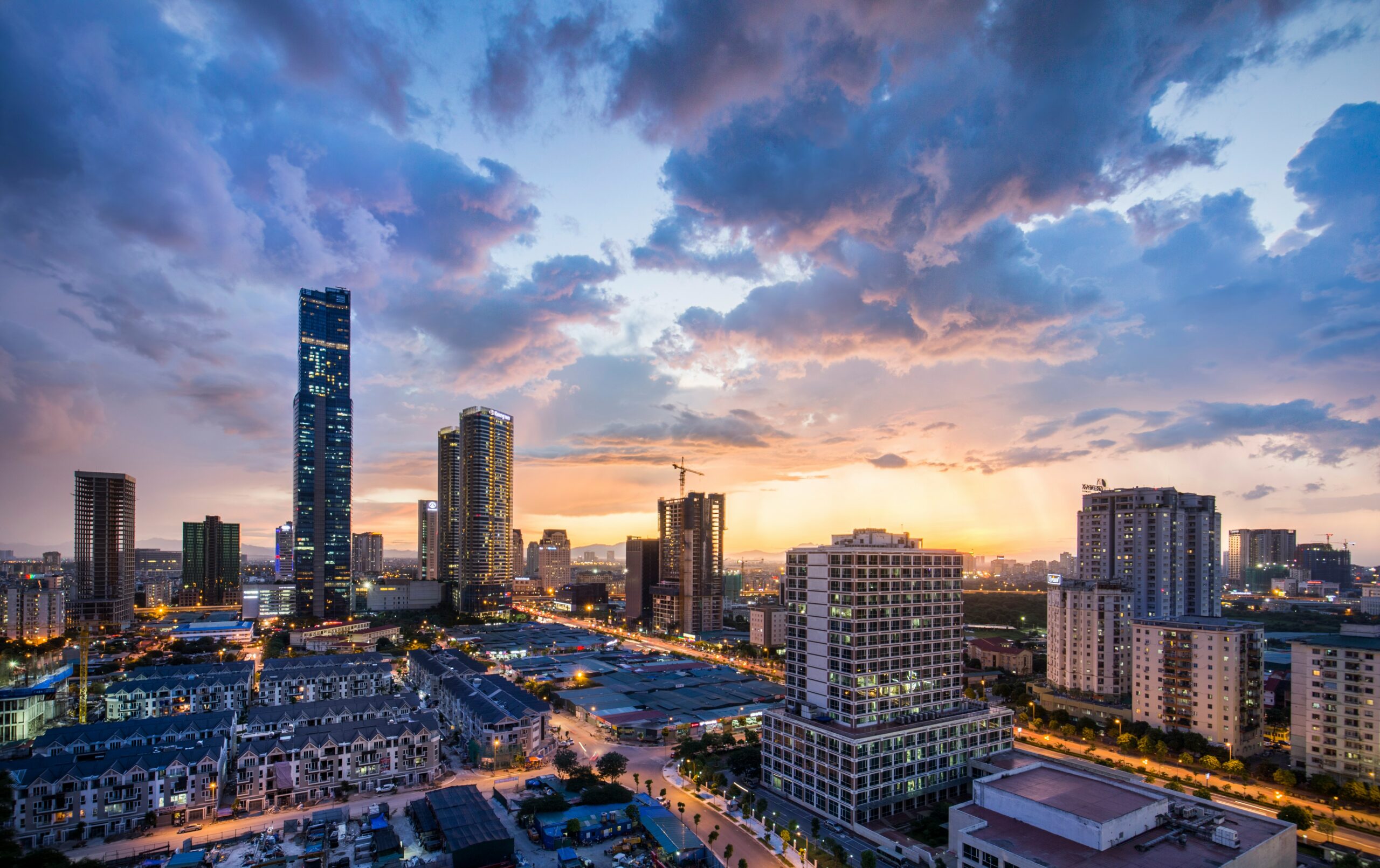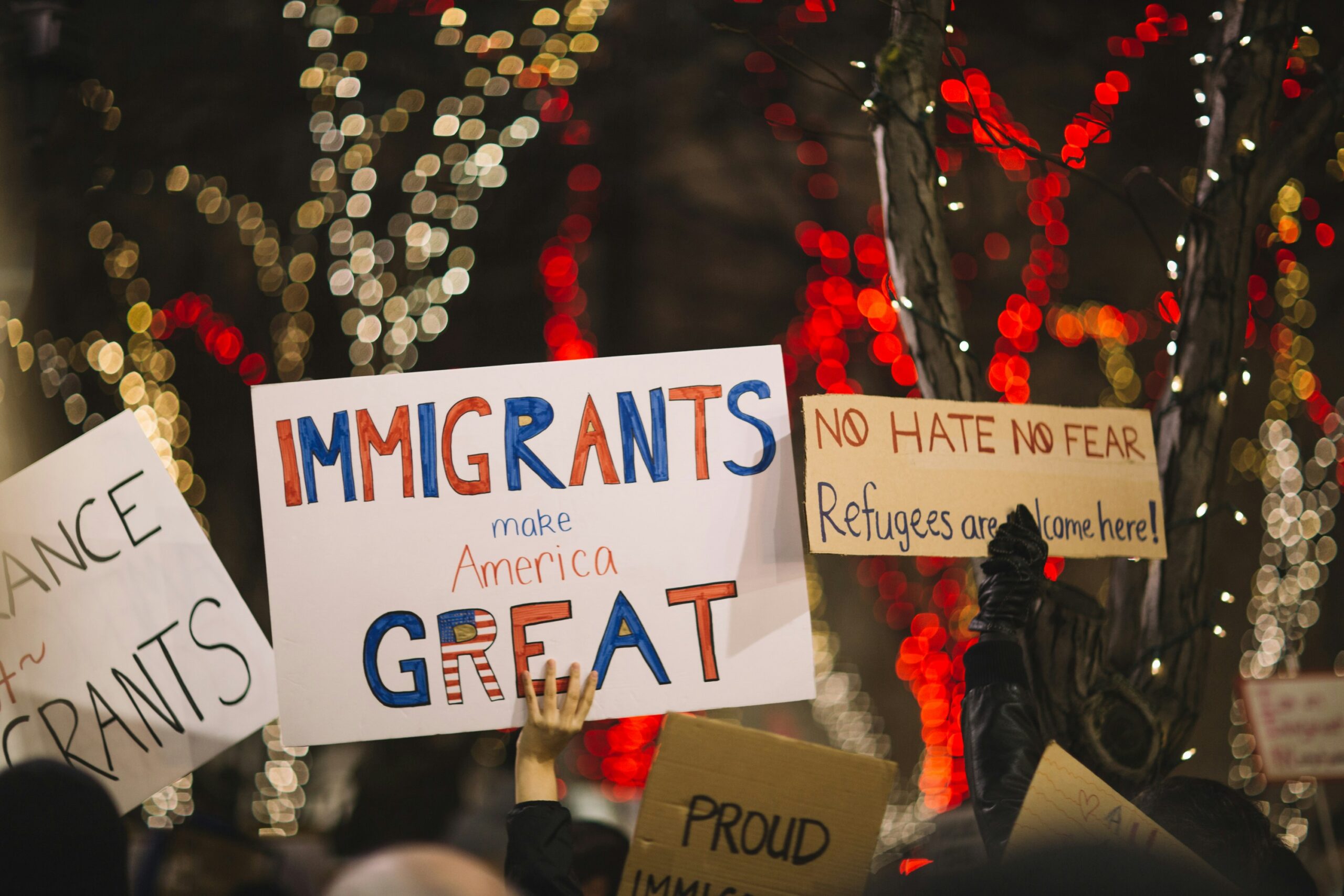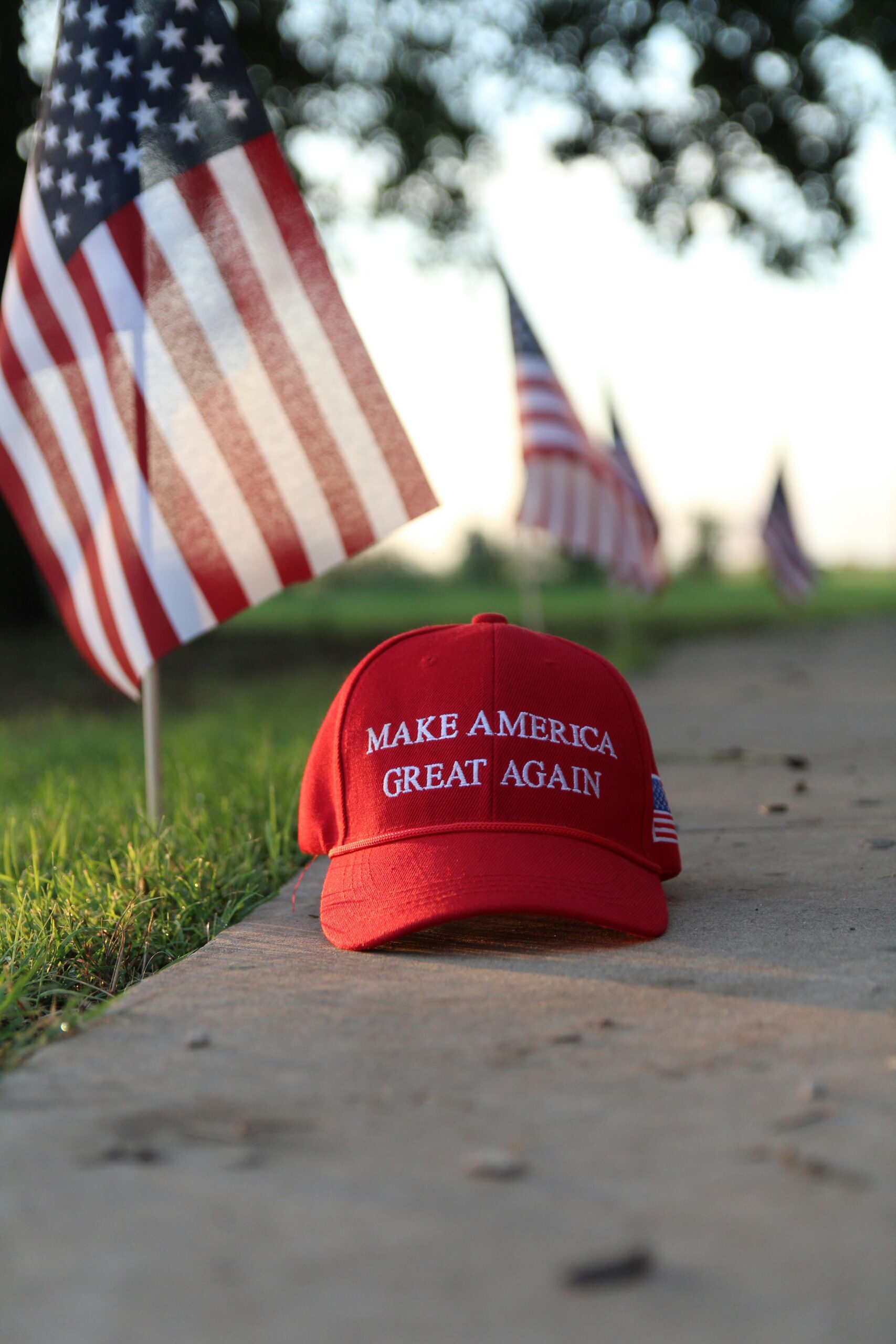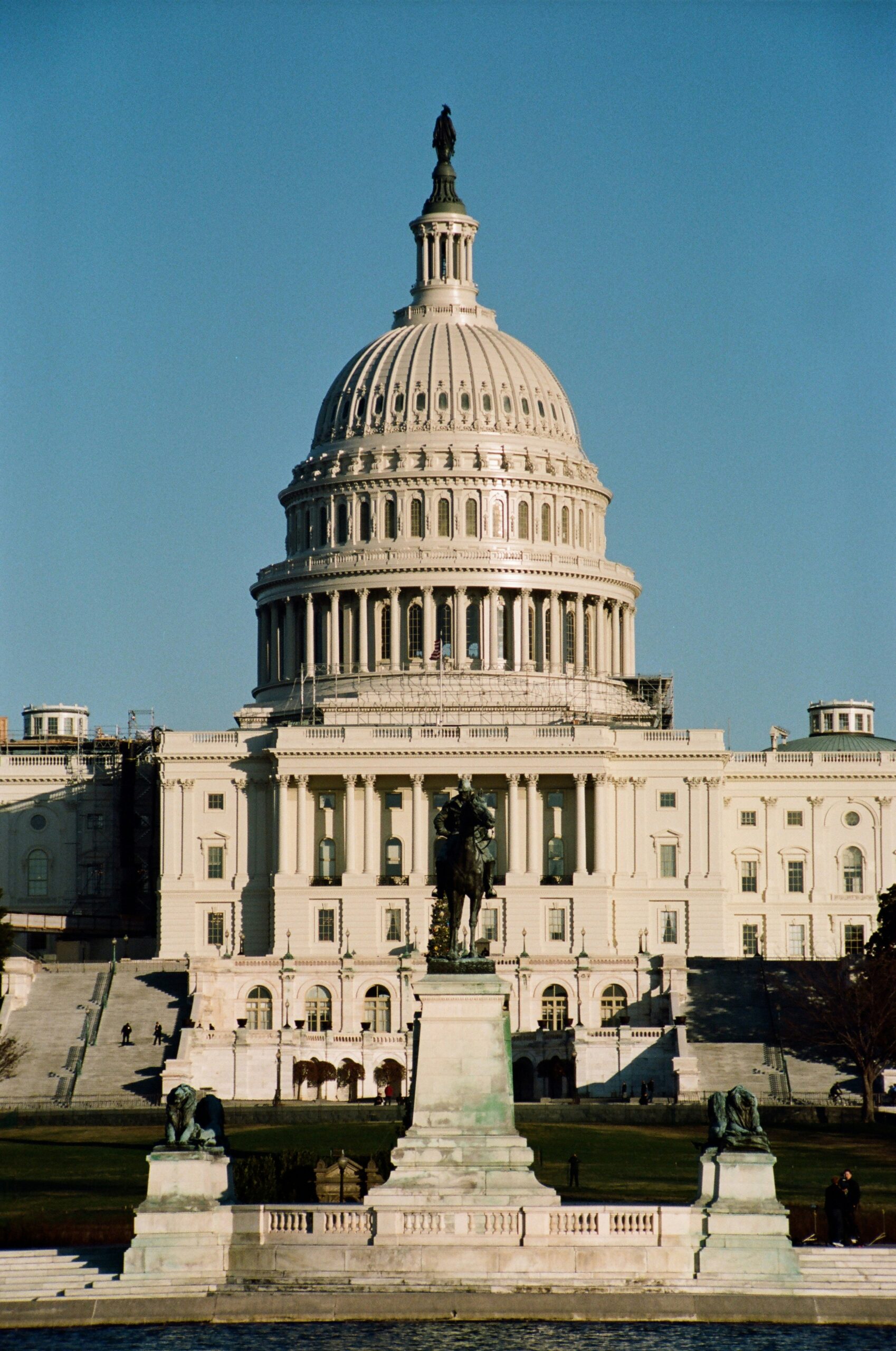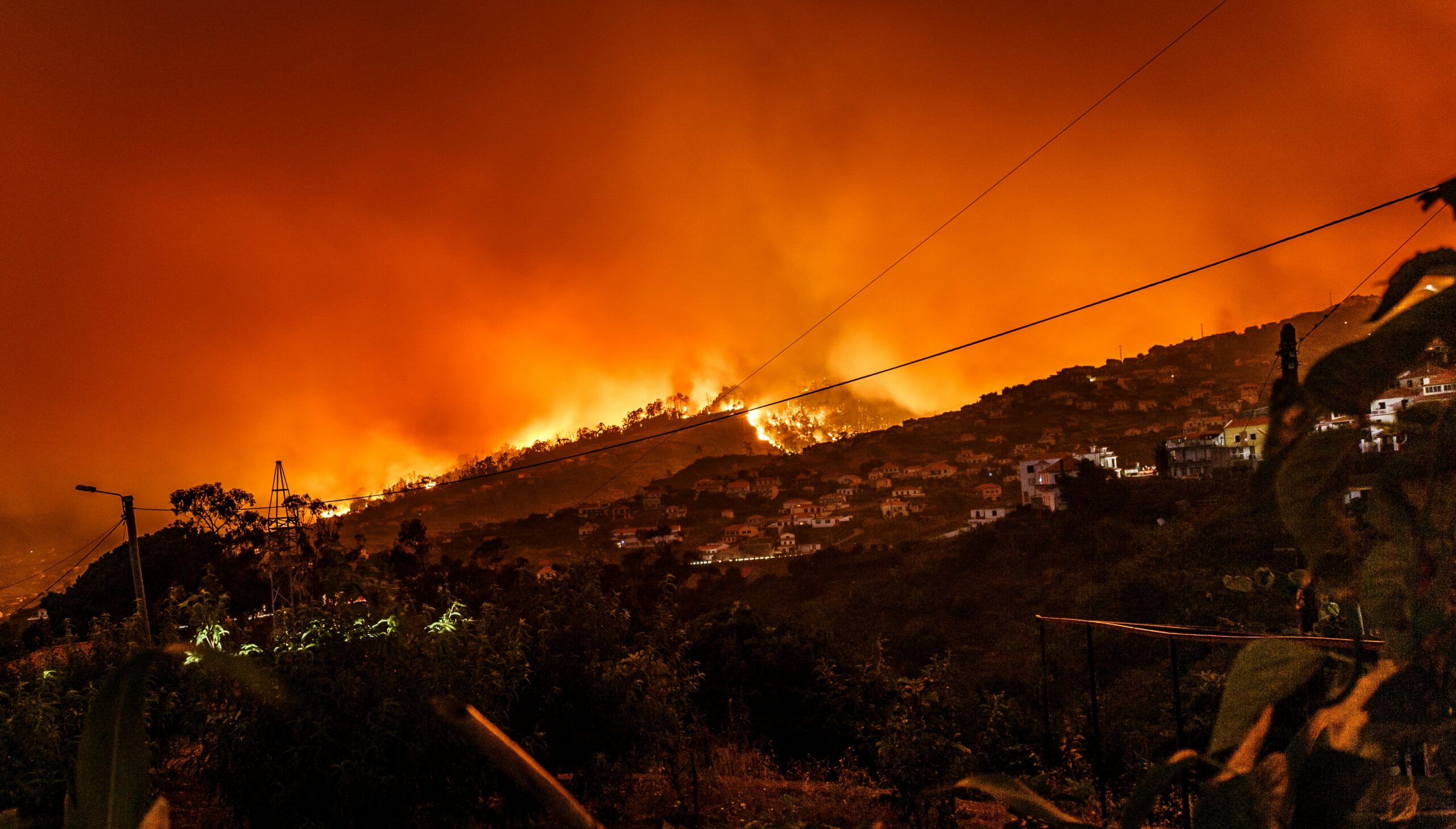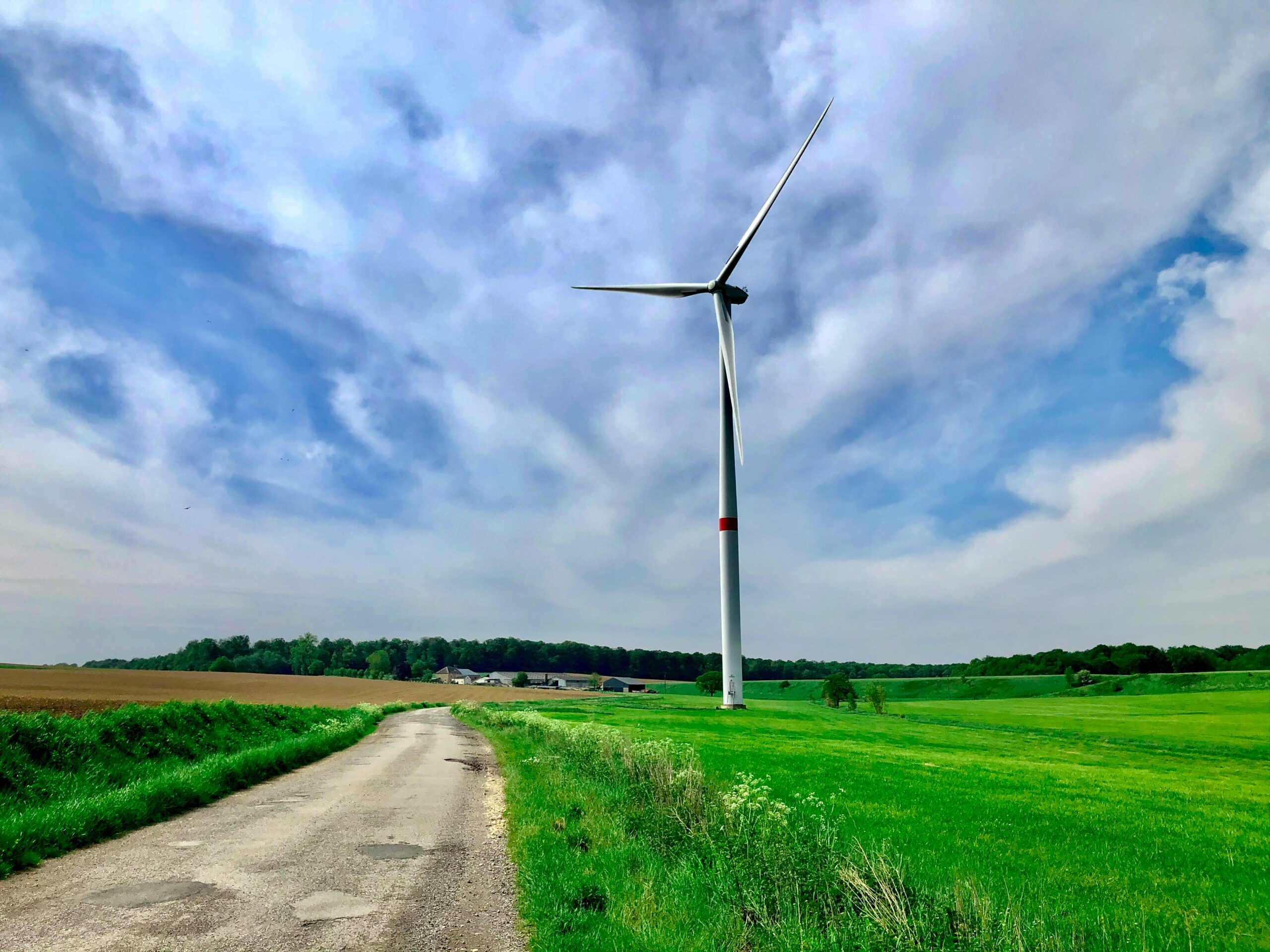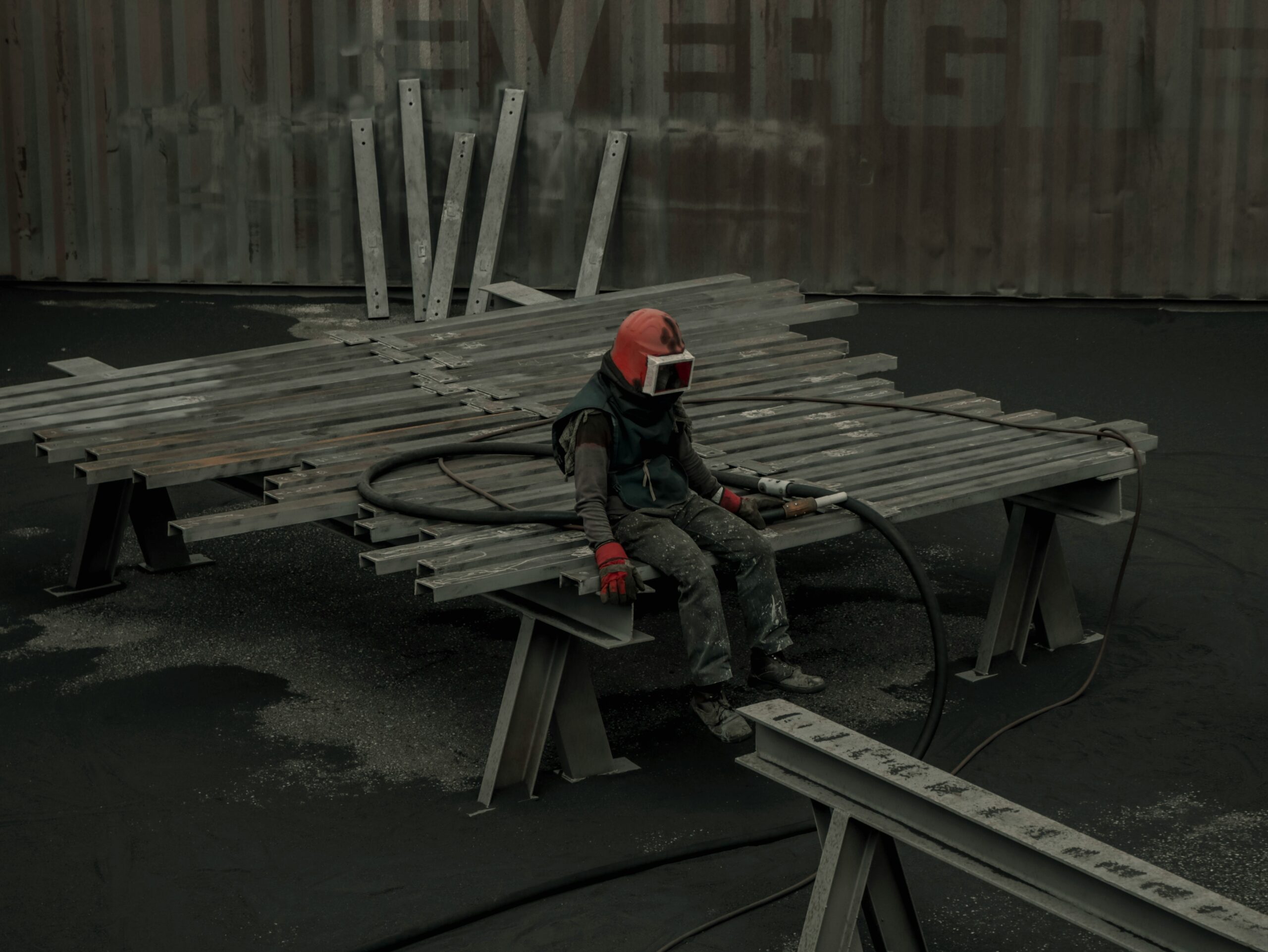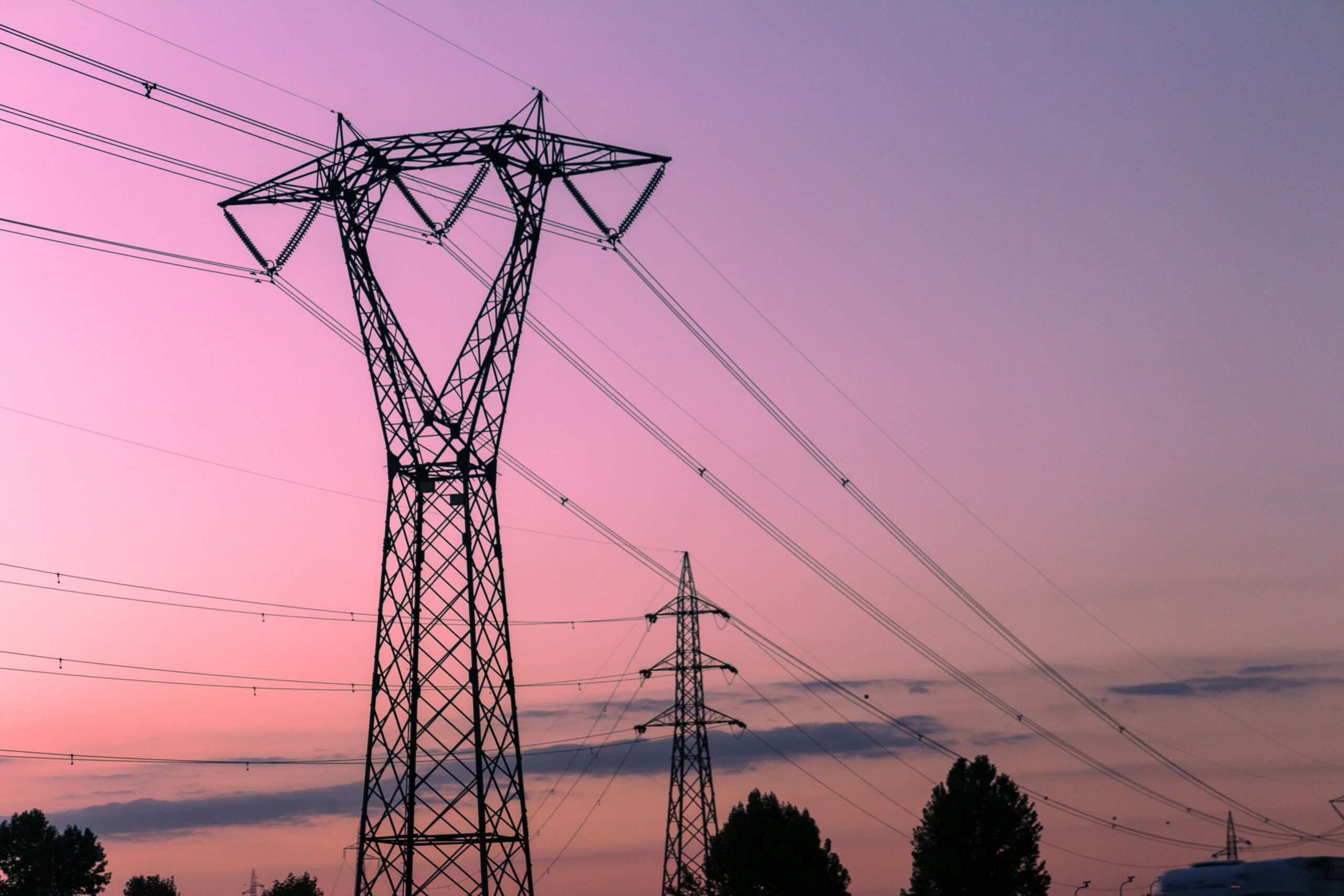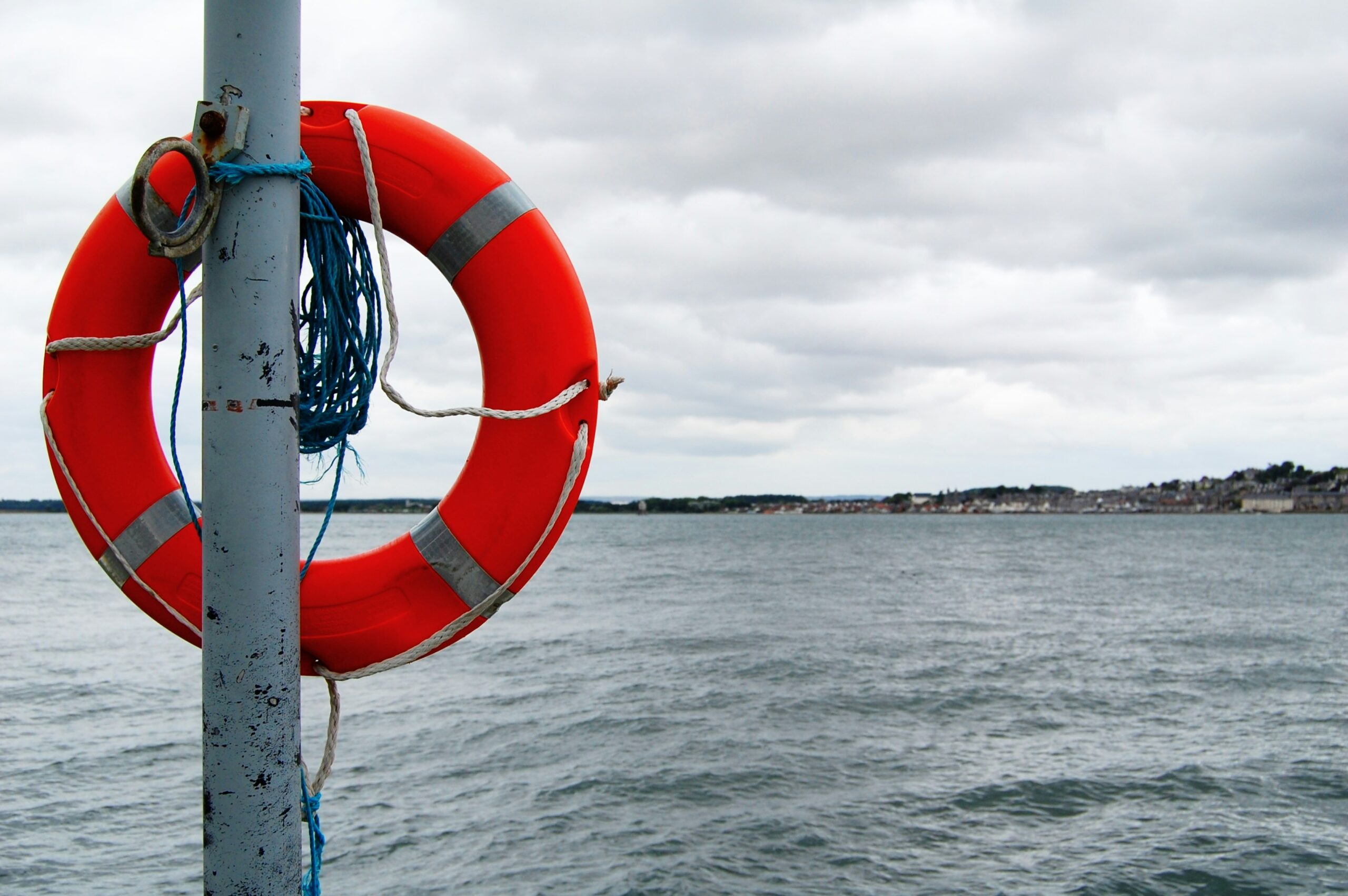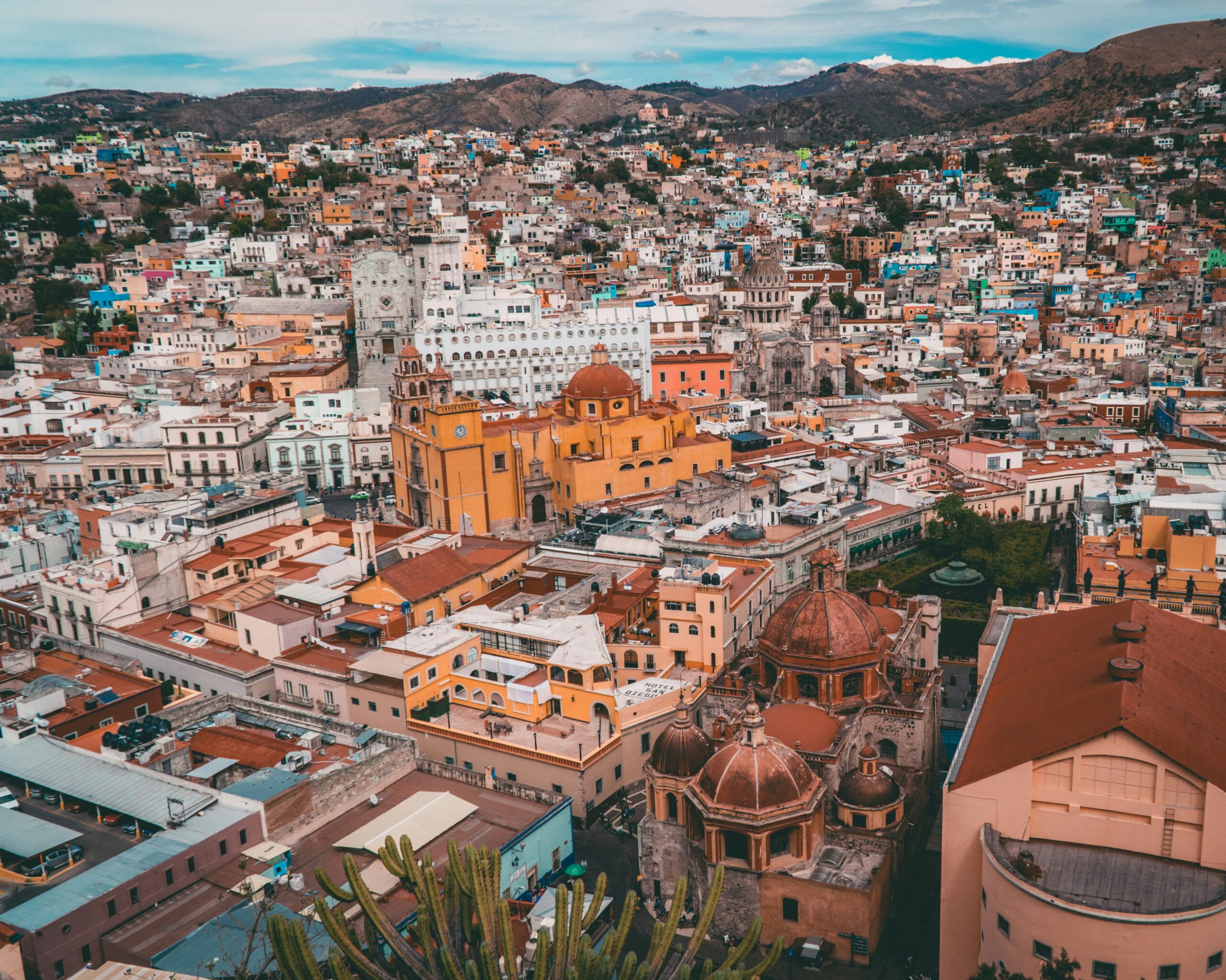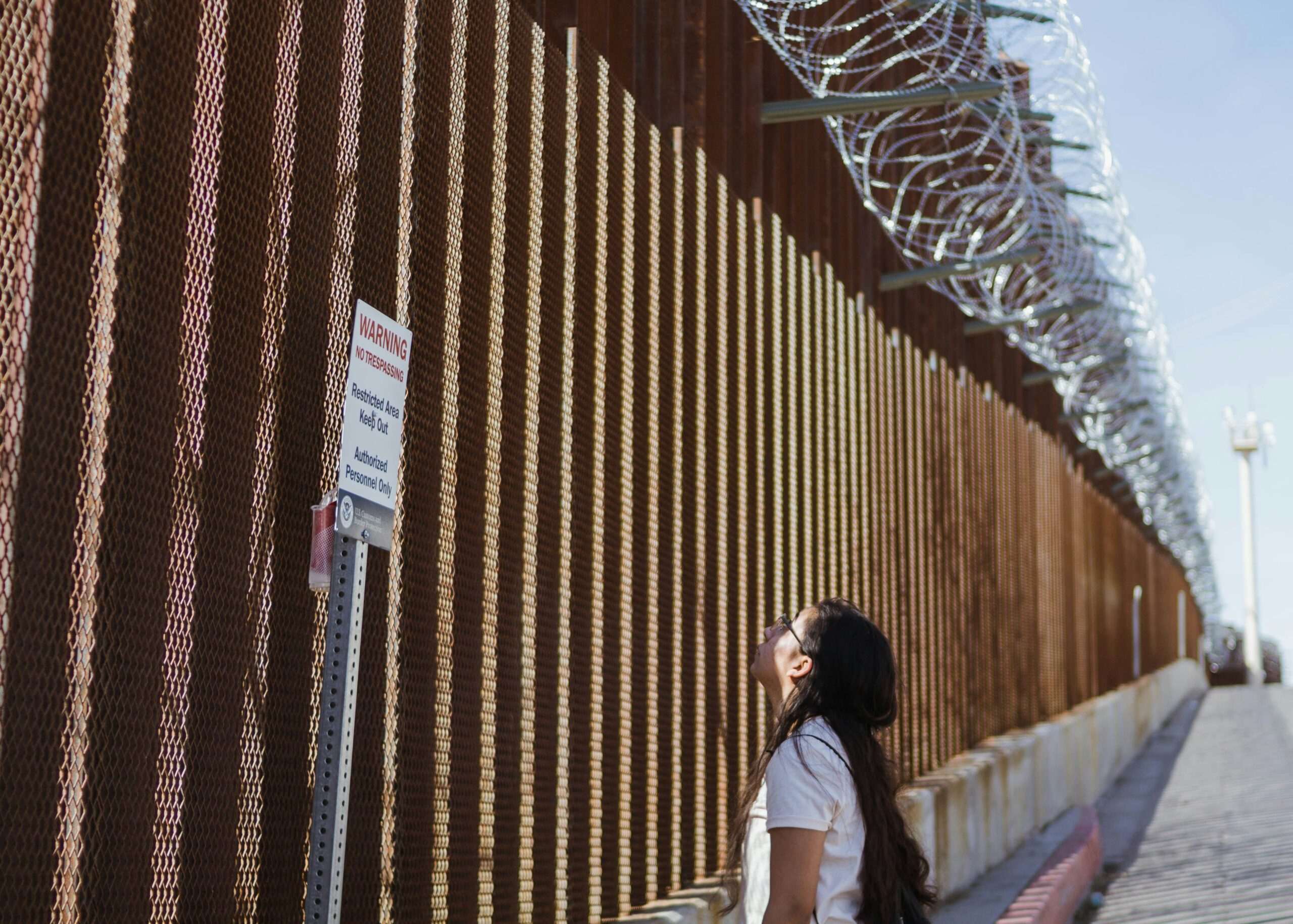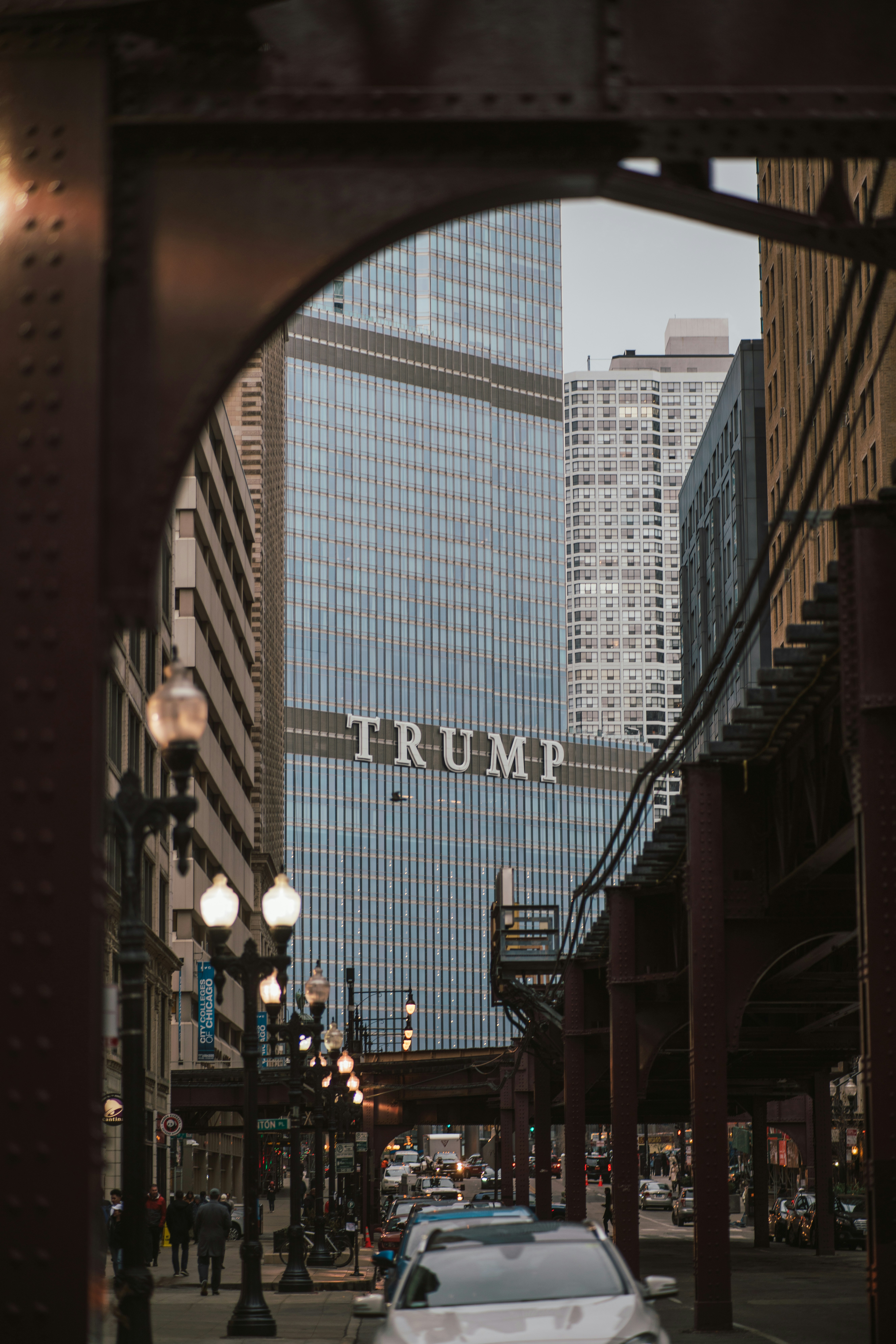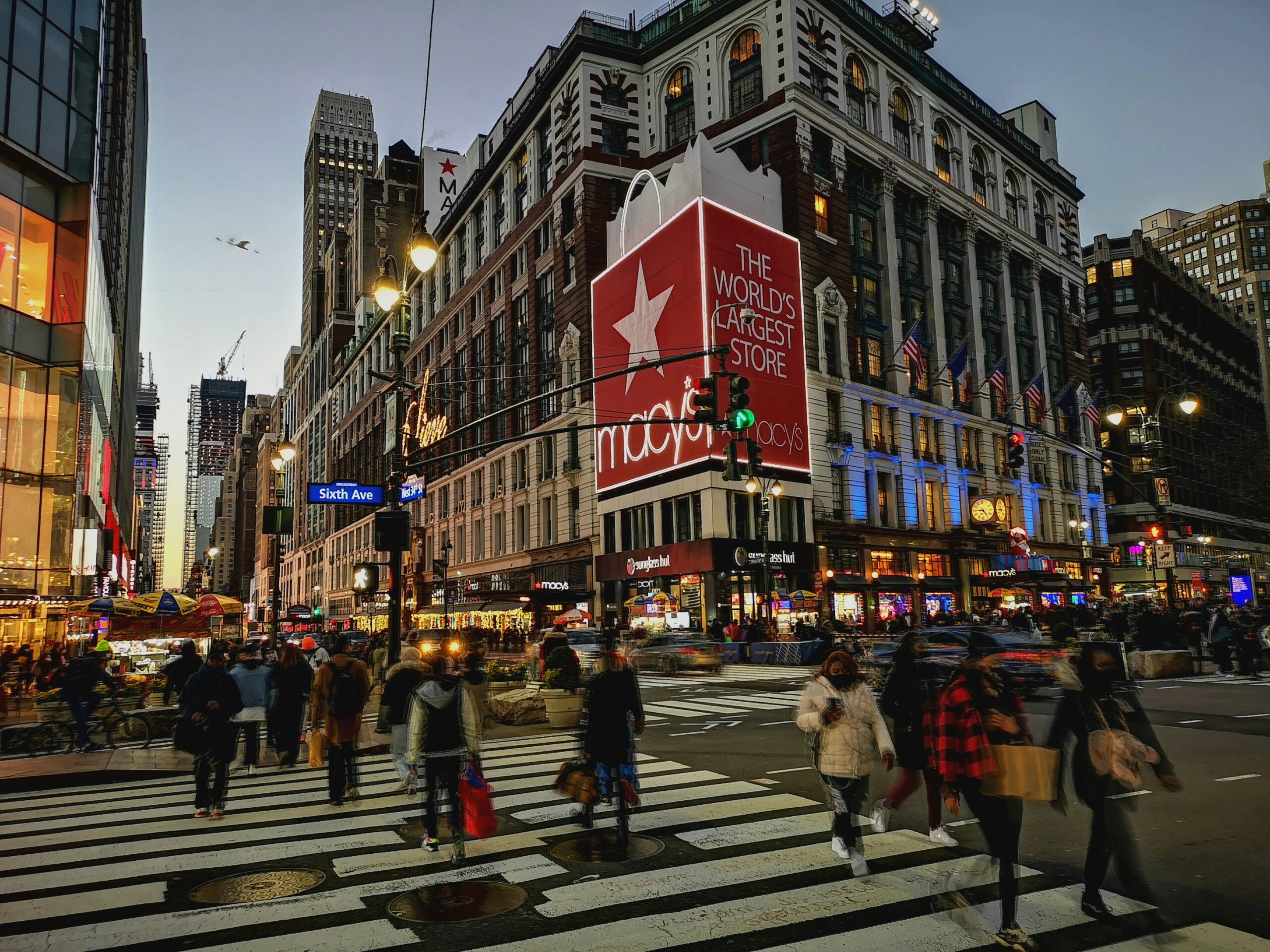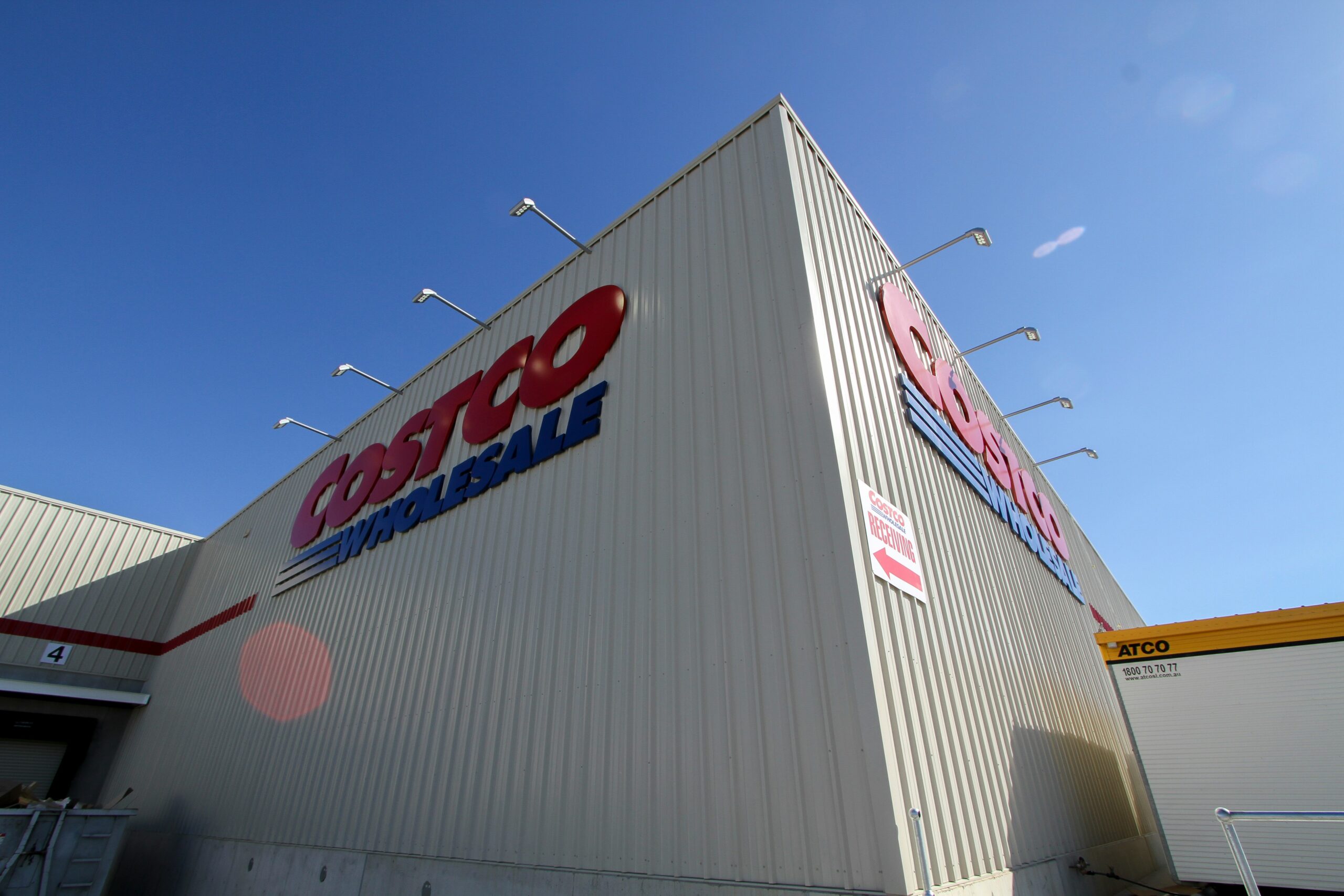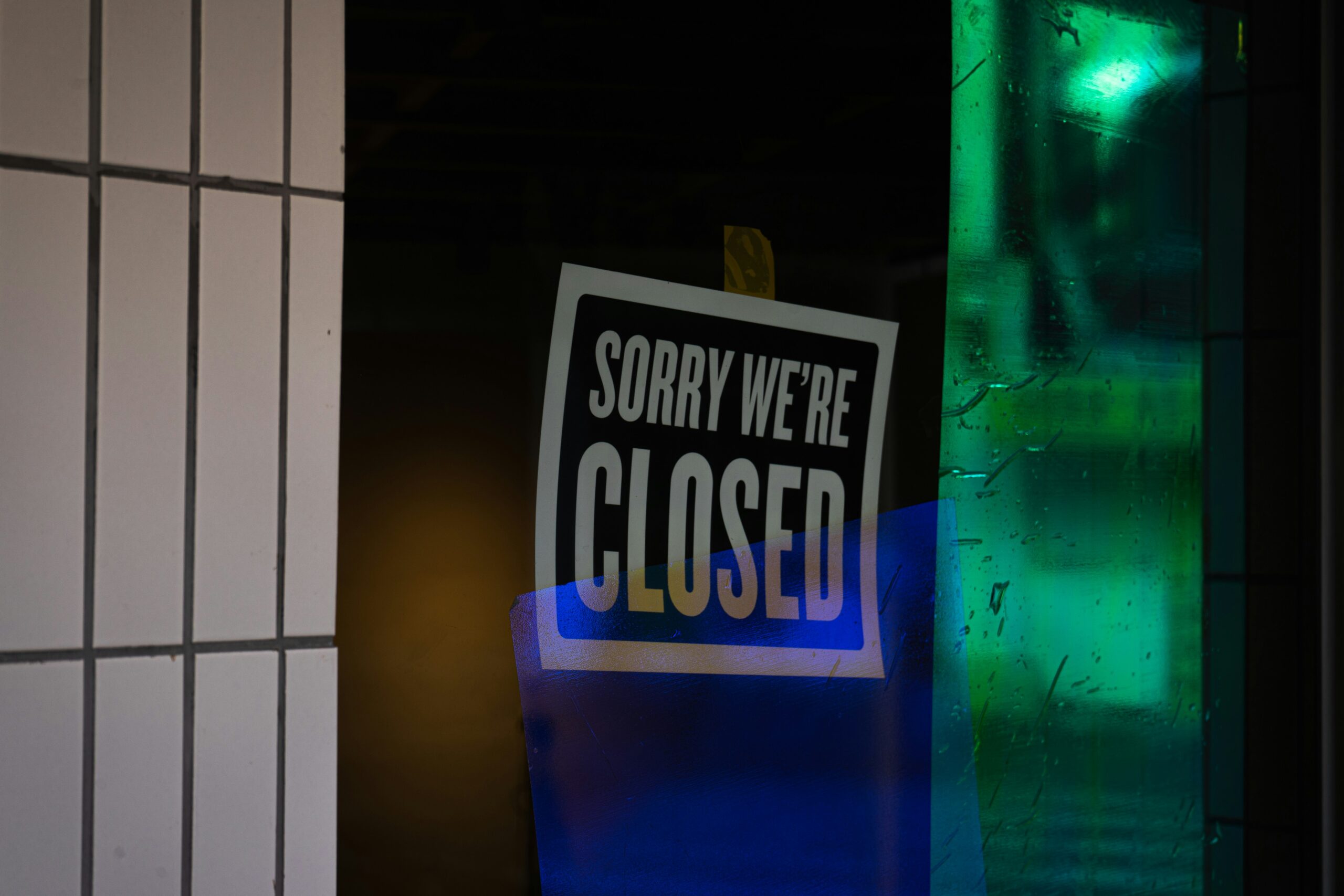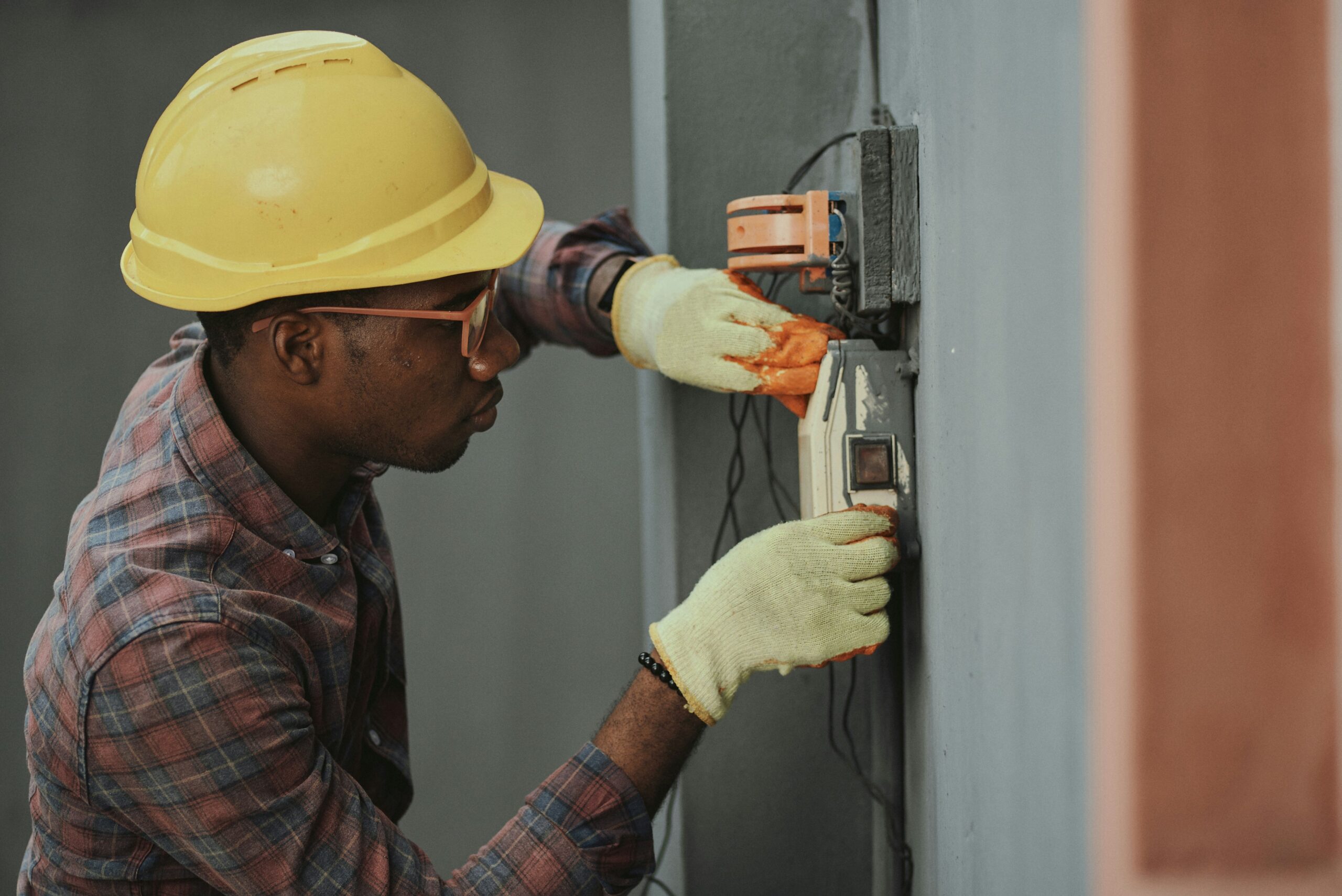Image credit: Unsplash
Several trillions of dollars in federal money that is focused on infrastructure has gained the interest of companies and states.
Programs such as the CHIPS and Science Act, the Inflation Reduction Act, and the Bipartisan Infrastructure Law each include hundreds of billions of dollars that intend to revitalize domestic manufacturing and secure supply chains as well.
This news comes in light of the global turmoil caused by the COVID-19 pandemic, which has reminded companies about the importance of keeping their production bases close to home and accessible.
Seth Martindale, Chairman of the Site Selectors Guild, the industry trade group for corporate location consultants, was quoted as saying: “When you’ve got all those variables combined—the federal money, the mitigation of risk, and reshoring, moving production capacity away from abroad and moving it back to the United States— it has created a situation where you’ve got a lot of companies vying for a limited amount of sites in the U.S.”
CNBC’s methodology, which has worked to rate the top United States infrastructure in terms of competitiveness, is weighted each year based on how frequently selling points appear in a state’s economic development marketing.
So far this year, states are working harder than ever to implement their infrastructure acts and display them. Infrastructure considers not just roads, bridges, ports, and airports, but also broadband internet, utilities, and sustainability.
“Most companies are looking to move quickly, especially in the current environment,” Martindale was quoted as saying. “A company knows that if you have a site that is pad-ready, and you can just walk into that site and start building almost immediately, that cuts down on your time to actually deliver the capacity of what it is that you’re trying to do.”
The Site Selectors Guild has supplied data for this year stating that Workforce, which had remained the top category since 2014, was still crucial to development. However, with around 1.8 million fewer job openings nationwide as compared to a year ago, the worker shortages that fueled battles for talent have eased slightly.
Other categories of importance include Business Friendliness and Access to Capital.
Artificial Intelligence and Its Reaches
America’s Top States for Business has also delved into the world of artificial intelligence, a first for many states that are not just innovating, but hiring in the fast-growing sector.
Russell Wald, Deputy Director of the Institute for Human-Centered Artificial Intelligence at Stanford University, has stated, “The state that’s actually investing and allowing for people to go either into industry or into government to be able to help make a difference is the state that I think is going to succeed.”
Metrics in the Technology and Innovation category look at where new artificial intelligence models are being developed, as well as where the AI jobs happen to be. The Business Friendliness category considers which states are not just leading the way in the development of regulatory frameworks for AI, but which are allowing them to thrive.
“What businesses want in terms of regulation is some degree of coherence, and how to be able to understand whether they’re on the same playing field or not,” Wald stated.
Climate Risks in the States
Sustainability, as well as climate risks, have been a key factor in influencing the way infrastructure funds are dispersed. In 2024, climate risk’s economic impact is more profound than ever, according to Jeremy Porter, Head of Climate Implications at First Street Foundation.
He stated: “I think climate risk, over the next 20 to 30 years, is going to make its way into all communities across the country,” and added, “Whether it’s individuals making decisions about where to live, companies making decisions about where to locate and have their operations, supply chain analytics, all are going to start to incorporate climate change. So, it’s making its way into all facets of our economy.”
Climate risks have already affected the growing insurance crisis, as some carriers have raised homeowner and business premiums, and others have left states altogether.
CNBC’s Top States section will have more information over the next month about the competitiveness of this year’s rankings.












